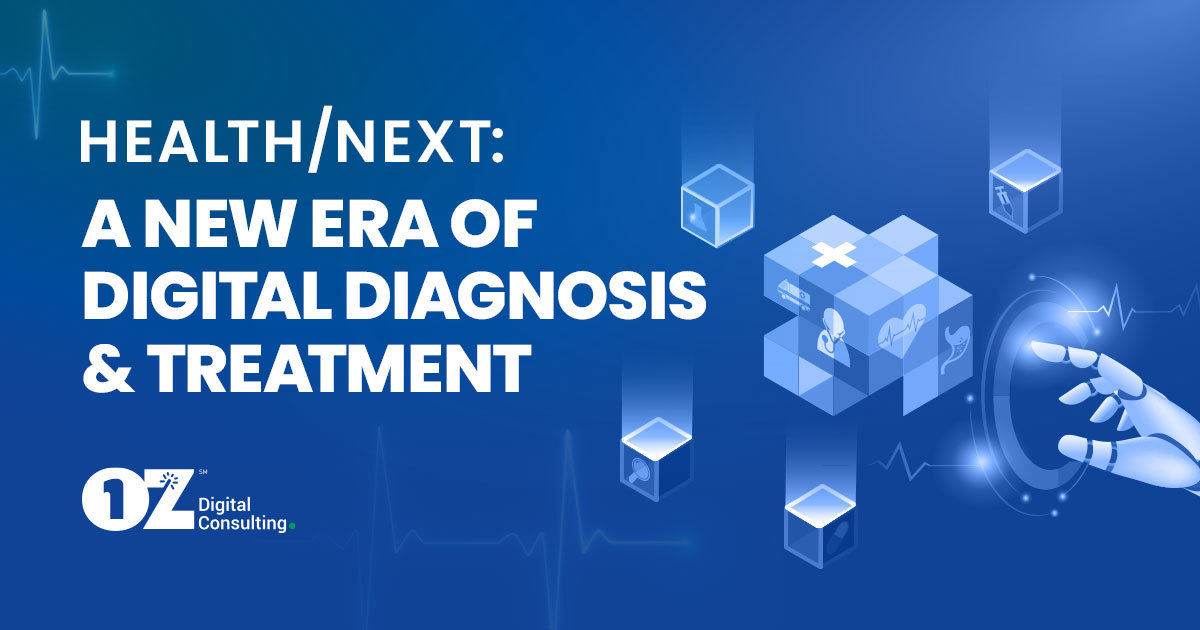From cardiology to radiology to oncology, artificial intelligence is ushering in an age of digital transformation and improved patient outcomes on an unprecedented scale.
This stunning acceleration was highlighted last month via an announcement by the Radiological Society of North America that researchers had “developed a deep learning model that uses a single chest X-ray to predict the 10-year risk of death from a heart attack or stroke.”
“This type of screening could be used to identify individuals who would benefit from statin medication but are currently untreated,” Boston Brigham and Women’s Hospital radiologist Dr. Jakob Weiss explained.
While a far cry from the healthcare version of Minority Report, deep learning is not too far removed from precognition—a subset of machine learning modeled after the human brain using a multilayered “deep neural network” built to allow data flow between nodes such as neurons.
These systems take a non-linear approach to information transformation and can draw conclusions outside what was previously possible.
Like Dr. Weiss and his CXR-VCD model using a convolutional neural network to learn from 147,497 chest X-rays of 40,643 patients to predict future cardiovascular events with “similar performance and incremental value to the established medical standard.”
AI can address much more than matters of the heart.
Mammography benefits from using AI to detect small and sparsely distributed asymptomatic cancer lesions. “It helps read images faster,” Dr. Linda Moy—who has partnered with computer scientist and NYU Professor Dr. Krysztof Geras to work on breast cancer-catching AI—notes, “and our initial results found it was more accurate than radiologists.”
Moy and Geras honed their model by feeding it over two million images drawn from mammograms performed at NYU Langone Health—increasing accuracy to 90 percent as opposed to the 80 percent of radiologists.
The best, most inspiring part?
This is just the beginning.
Health Sciences are amid a revolutionary shift from the Patient Experience to the Human Experience (HX). To find out how we can help transform your systems and data for better outcomes and improved ROI visit our healthcare solutions page.



